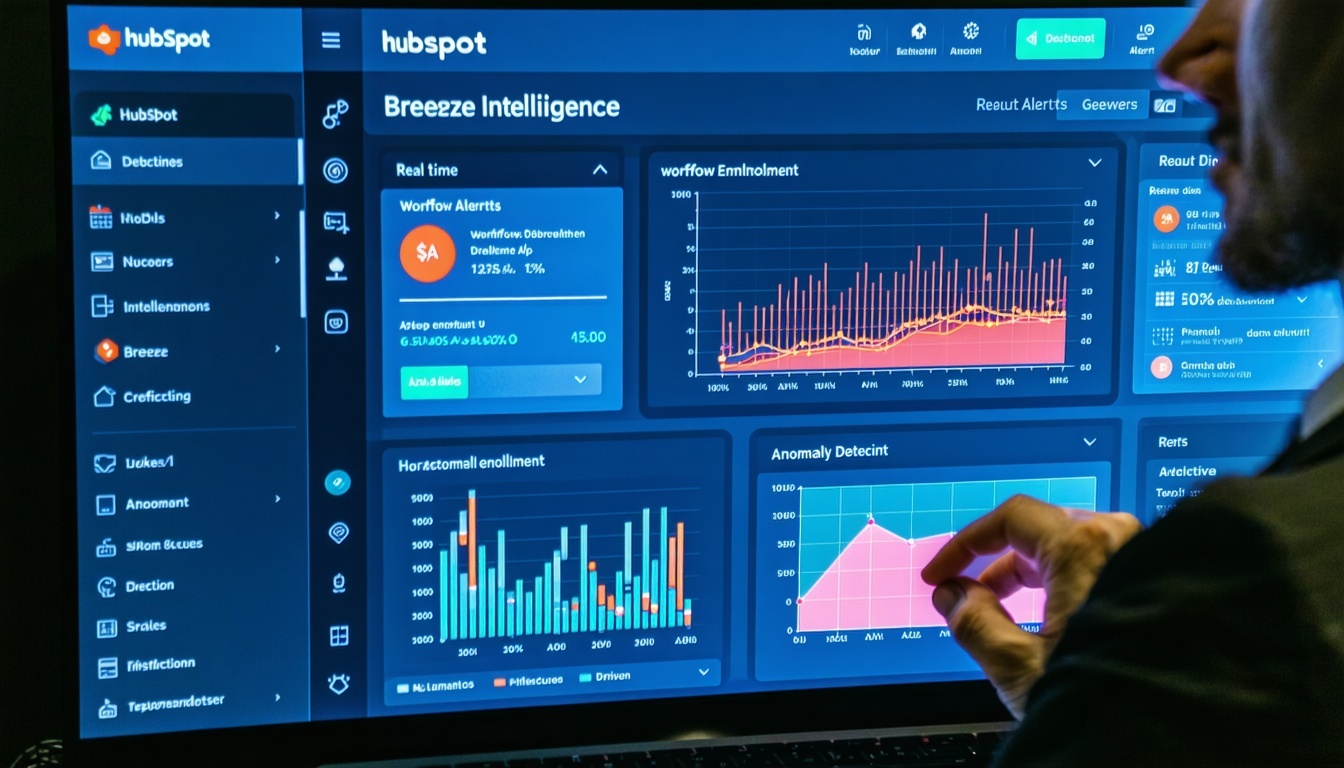
How Digital Transformation Can Reduce Operational Costs

Discover how embracing digital transformation can significantly lower operational expenses in the real estate industry.
The Role of Automation in Streamlining Operations
Automation has become a cornerstone in the drive to reduce operational costs in the real estate industry. By automating repetitive and time-consuming tasks, companies can free up valuable human resources to focus on more strategic activities. For example, automated property management systems can handle rent collection, maintenance scheduling, and tenant communications, significantly reducing the need for manual intervention.
Furthermore, automation enhances accuracy and reduces the likelihood of errors, which can be costly to rectify. With automated workflows, real estate firms can ensure that processes are followed consistently, leading to improved efficiency and cost savings.
Utilizing Data Analytics for Cost-Efficient Decision Making
Data analytics plays a pivotal role in making cost-efficient decisions in the real estate sector. By leveraging advanced data analytics tools, companies can gain insights into market trends, tenant behaviors, and property performance. These insights enable real estate professionals to make informed decisions that can lead to substantial cost savings.
For instance, predictive analytics can help forecast maintenance needs, allowing for proactive management rather than reactive fixes. This not only reduces unexpected repair costs but also extends the lifespan of property assets. Moreover, data-driven decision-making helps in optimizing pricing strategies, ensuring that rental rates are competitive yet profitable.
Enhancing Property Management with IoT Solutions
The Internet of Things (IoT) is revolutionizing property management by providing real-time data and automation capabilities that enhance operational efficiency. Smart sensors and devices can monitor various aspects of a property, such as energy usage, security systems, and environmental conditions, and automatically adjust settings to optimize performance.
For example, IoT-enabled HVAC systems can adjust heating and cooling based on occupancy, reducing energy consumption and lowering utility bills. This not only cuts costs but also promotes sustainability. Additionally, smart locks and security cameras enhance property security, reducing the need for physical security personnel.
Virtual Tours and Remote Transactions: Cutting Edge Practices
Virtual tours and remote transactions are transforming the real estate industry by reducing the need for physical presence, thereby cutting operational costs. Virtual tours allow prospective tenants or buyers to view properties from anywhere in the world, eliminating the need for travel expenses and reducing the time spent on in-person showings.
Remote transactions, facilitated by digital contracts and e-signatures, streamline the leasing and purchasing processes. This not only speeds up transactions but also reduces the administrative burden and associated costs. Embracing these cutting-edge practices enhances efficiency and provides a superior customer experience.
Sustainable Practices through Digital Innovation
Digital innovation is driving sustainable practices in the real estate industry, leading to long-term cost savings. Implementing energy-efficient technologies and smart building management systems can significantly reduce utility expenses. For example, smart lighting systems that use motion sensors to control lighting can drastically cut electricity costs.
Additionally, digital platforms for waste management can optimize waste collection schedules, reducing operational costs and environmental impact. By adopting sustainable practices through digital innovation, real estate companies can not only save money but also enhance their corporate social responsibility profiles, attracting eco-conscious tenants and investors.


